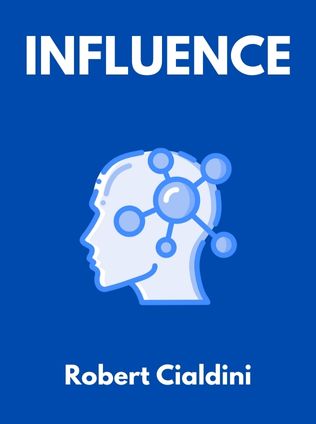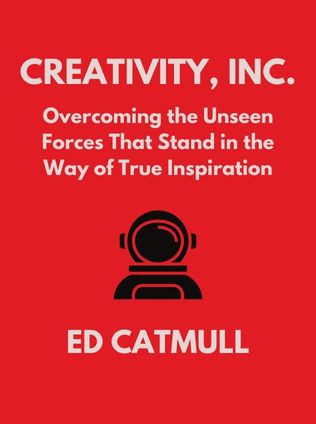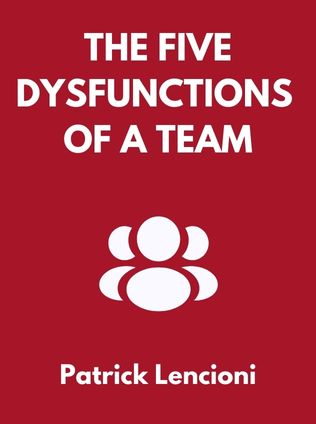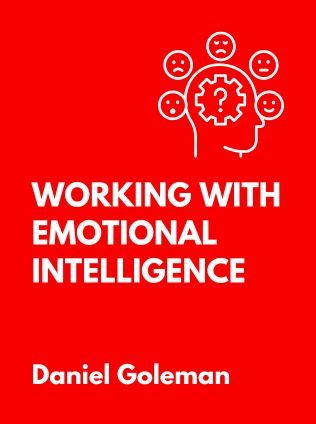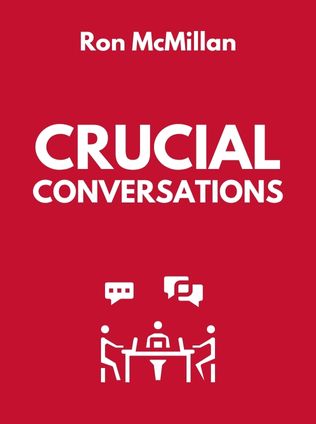
The Cluetrain Manifesto
The End of Business As Usual
By Christopher Locke,
Published 01/2000
About the Authors
Rick Levine, Christopher Locke, Doc Searls, and David Weinberger are the authors of The Cluetrain Manifesto. Rick Levine is co-founder of Mancala, Inc., and was previously a web architect for Sun Microsystems' Java Software Group. Christopher Locke has worked for companies such as Fujitsu, Ricoh, Carnegie Mellon University, and IBM. Doc Searls is the senior editor of Linux Journal. David Weinberger publishes the Journal of the Hyperlinked Organization (JOHO). Together, they offer a revolutionary perspective on how the Internet has transformed business and communication.
Main Idea
The Cluetrain Manifesto challenges traditional corporate approaches to business in the digital age, emphasizing that the Internet has transformed markets into conversations among human beings. The authors argue that businesses must adopt a more genuine, conversational tone to engage with their markets effectively. The book presents 95 Theses that advocate for a human-centered approach to business, urging companies to listen to and participate in the global conversation that the Internet facilitates.
Table of Contents
- Introduction
- A Global Conversation Has Begun
- Why We Long for Something Different
- How to Escape the Managed Age
- The Web Allows Quicker, Sharper Conversations
- Markets: The Return of the Conversation
- The Hyperlinked Organization
- How New Organizations Reflect the Web
- Will Corporations Survive?
- A Sampling of the 95 Theses
A Global Conversation Has Begun
The Internet has sparked a powerful global conversation, enabling people to share knowledge and ideas with unprecedented speed. Markets are becoming smarter, driven by genuine, human conversations rather than corporate jargon. Companies must empower their employees to speak authentically and engage in these conversations to remain relevant.
"Markets are getting smarter - smarter, in fact, than most companies." - Rick Levine, Christopher Locke, Doc Searls, and David Weinberger
Corporations need to break down the barriers that prevent genuine interaction between employees and customers. This will be challenging, but the result will be a more authentic and effective dialogue that benefits both businesses and their customers.
- Encouraging employees to participate in online forums and discussions.
- Allowing customer service representatives to respond to inquiries in a personalized, human voice.
Why We Long for Something Different
People are inherently resilient and yearn for deeper connections between their work and their personal values. The Internet provided a platform for these connections by allowing people to communicate without the constraints of traditional business practices. This desire for authenticity and meaningful interaction drove the early popularity of the Internet and continues to influence its evolution.
"We long for more connection between what we do for a living and what we genuinely care about." - Rick Levine, Christopher Locke, Doc Searls, and David Weinberger
The Internet’s initial appeal was its freedom from censorship and advertising, creating a space where people could engage in genuine conversations. Today, businesses must recognize this fundamental shift and adapt to meet the expectations of a more connected and discerning audience.
Sign up for FREE and get access to 1,400+ books summaries.
You May Also Like
How To Win Friends and Influence People
The All-Time Classic Manual Of People Skills
By Dale CarnegieQuiet: The Power of Introverts
The Power of Introverts in a World That Can't Stop Talking
By Susan CainThe Lean Startup
How Today's Entrepreneurs Use Continuous Innovation to Create Radically Successful Businesses
By Eric RiesAtlas of the Heart
Mapping Meaningful Connection and the Language of Human Experience
By Brené BrownThe Hard Thing About Hard Things
Building a Business When There Are No Easy Answers
By Ben HorowitzCreativity, Inc.
Overcoming the Unseen Forces That Stand in the Way of True Inspiration
By Ed Catmull









